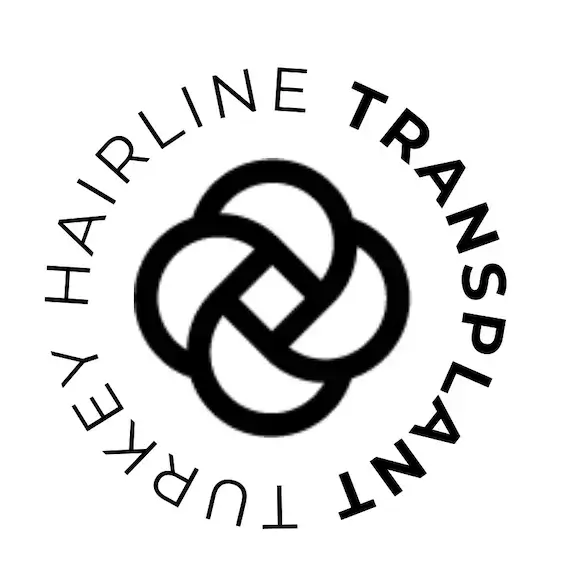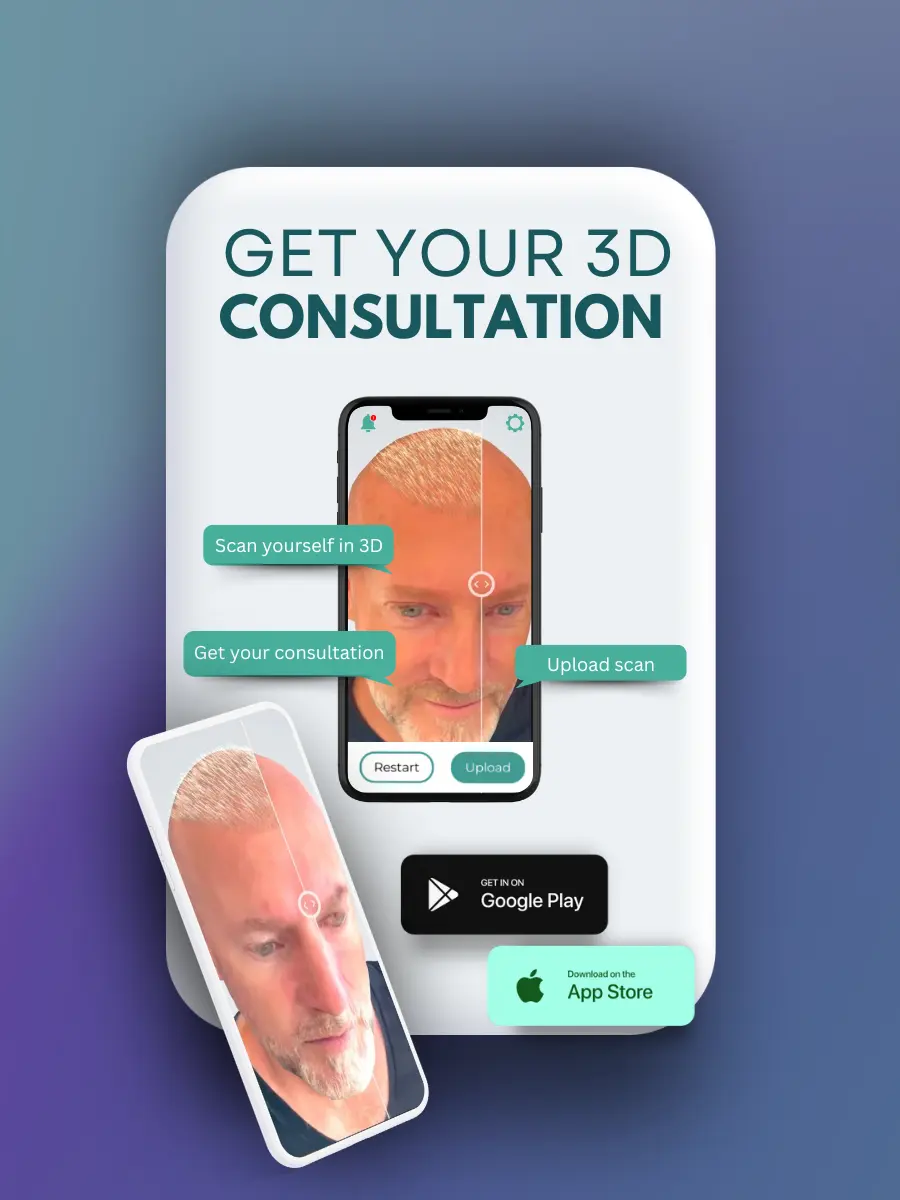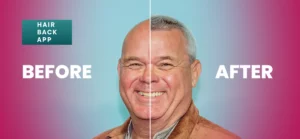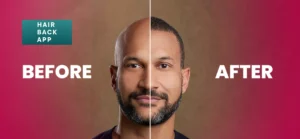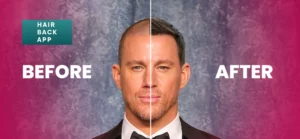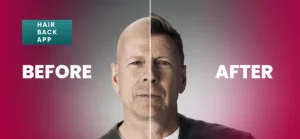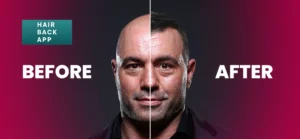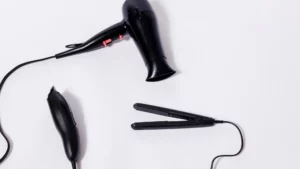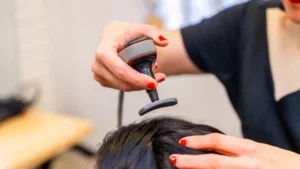Introduction: The Rise of Hair Transplant Scams and Their Impact
Hair transplant scams have become a concerning issue in the cosmetic surgery industry. With the increasing popularity of hair transplants as a solution for hair loss, many individuals are seeking affordable and quick options to restore their hair.
My name is Emma Wright, your resident hair restoration specialist. Today, we’ll be looking at common hair transplant scams. This article explores how to identify and avoid these scams, ensuring you make informed decisions for your hair restoration journey.
Unfortunately, this demand has led to a rise in fraudulent clinics that exploit unsuspecting patients. Hair transplant scams not only result in financial losses but can also cause physical harm and emotional distress to those affected.
Common Red Flags: Warning Signs of Fraudulent Clinics and Offers
Hair transplant scams often present themselves through enticing offers and suspicious practices. Being aware of the common red flags can help you avoid falling victim to these fraudulent clinics. Here are some warning signs to watch out for:
-
Unrealistic Promises
Fraudulent clinics may make unrealistic promises, such as guaranteeing a full head of hair after just one session. Hair transplant scams often involve clinics that oversell their services with false claims of success rates and outcomes.
Legitimate clinics will provide realistic expectations and a thorough consultation to assess individual needs. They will also discuss how different types of hair loss affect treatment outcomes.
-
Extremely Low Prices
While affordability is important, extremely low prices can be a major red flag. Hair transplant scams often use low prices to lure in customers, but these cut-rate procedures can lead to subpar results and complications, like folliculitis after hair transplant due to improper care or techniques.
It’s essential to compare prices across different clinics and understand the average cost of quality procedures.
-
Lack of Credentials
Hair transplant scams frequently involve clinics that lack proper credentials and certifications. Before choosing a clinic, verify the qualifications of the surgeons and staff. Legitimate clinics are transparent about their certifications, training, and affiliations with reputable organizations.
They should also provide information on the Ludwig scale or other assessment tools used to measure hair loss.
-
High-Pressure Sales Tactics
Scammers often use high-pressure sales tactics to push potential clients into making quick decisions. Hair transplant scams may involve clinics pressuring you to pay upfront or offering limited-time deals that seem too good to pass up. Take your time to research and make informed choices without feeling rushed.
-
Vague or Incomplete Information
Hair transplant scams can be identified through clinics that provide vague or incomplete information about their procedures and processes.
Reputable clinics will have detailed consultations, explaining the procedure, potential risks, and expected outcomes, including how and when to wash hair after hair transplant to ensure proper healing. If a clinic is evasive or unwilling to answer your questions, consider it a warning sign.

Verifying Credentials: Steps to Confirm a Clinic’s Legitimacy
To avoid hair transplant scams, it’s crucial to verify the legitimacy of a clinic and its staff. Taking these steps can help ensure you choose a reputable provider:
-
Research the Clinic
Conduct thorough research on the clinic you’re considering. Check their website, read online reviews, and look for any news articles or mentions of the clinic in reputable sources. A history of positive patient experiences is a good indicator of a trustworthy clinic.
-
Check Surgeon Credentials
Verify the credentials of the surgeon who will perform your hair transplant. Look for their medical license, board certifications, and any memberships in professional organizations related to hair restoration. Hair transplant scams often involve unqualified individuals posing as experienced surgeons.
-
Visit the Clinic
If possible, visit the clinic in person. A legitimate clinic will have a professional and clean environment, with courteous staff willing to answer your questions. Hair transplant scams may operate in shabby or temporary locations, which can be a clear warning sign.
-
Ask for Before and After Photos
Request before and after photos of previous patients who have undergone the same procedure. Reputable clinics will have a portfolio of successful cases to showcase their work. Be cautious if a clinic cannot provide any examples of their past results, including issues like scabs after hair transplant and how they handle such cases.
-
Verify Reviews and Testimonials
While reviews and testimonials can provide insight into a clinic’s reputation, be wary of fake reviews. Hair transplant scams may involve clinics posting fabricated testimonials. Look for reviews on independent websites and forums where patients share their authentic experiences.
Patient Experiences: Learning from Others Who Encountered Scams
Hearing about the experiences of others who have encountered hair transplant scams can provide valuable lessons. These real-life stories can help you recognize warning signs and avoid similar pitfalls:
-
Case Study 1: The Too-Good-to-Be-True Offer
John, a 35-year-old man experiencing hair loss, found a clinic offering hair transplants at an unbelievably low price. Eager to save money, he booked the procedure without doing much research.
Unfortunately, the results were disastrous, leaving him with an unnatural hairline and scars. John learned the hard way that hair transplant scams often promise unrealistic results at suspiciously low costs. He realized later that proper treatment, including finasteride after hair transplant, was never part of the discussion.
-
Case Study 2: The Unqualified Surgeon
Sarah, a 40-year-old woman, chose a clinic that claimed to have an experienced surgeon. However, during the procedure, she realized the person performing the transplant was an unlicensed technician.
Her results were subpar, and she later discovered the clinic had a history of hiring unqualified staff. This experience taught her the importance of verifying a surgeon’s credentials to avoid hair transplant scams.
-
Case Study 3: The High-Pressure Sales Pitch
Mark, a 50-year-old man, visited a clinic that used high-pressure sales tactics. The staff pushed him to sign a contract and pay a deposit on the spot, insisting the offer was only available that day.
Feeling uneasy, Mark decided to walk away and later found out the clinic was notorious for hair transplant scams. His experience reinforced the importance of taking time to research and make informed decisions.
Reporting Fraud: How to Report and Handle Fraudulent Activity
If you suspect you’ve been a victim of a hair transplant scam or have encountered fraudulent activity, it’s essential to take action. Reporting these scams can help prevent others from falling victim and hold fraudulent clinics accountable.
-
Contact Consumer Protection Agencies
Report the scam to consumer protection agencies, such as the Better Business Bureau (BBB) or the Federal Trade Commission (FTC). These organizations can investigate the clinic and take appropriate action against fraudulent practices.
-
File a Police Report
If you’ve experienced financial loss or harm, consider filing a police report. Law enforcement can investigate and take legal action against the fraudulent clinic. Providing evidence such as contracts, receipts, and correspondence can strengthen your case.
-
Share Your Experience
Share your experience on online forums and review platforms to warn others about the hair transplant scam. By spreading awareness, you can help potential patients make informed decisions and avoid falling into the same trap.
-
Seek Legal Advice
Consult with a lawyer specializing in consumer protection or medical malpractice. They can advise you on potential legal actions against the fraudulent clinic and help you recover damages if applicable.
Conclusion: Empowering Readers to Make Safe and Informed Choices
Hair transplant scams can have devastating effects on individuals seeking hair restoration solutions. Being aware of the warning signs and taking proactive steps to verify a clinic’s legitimacy is essential for making safe and informed choices.
By learning from others’ experiences and understanding how to report fraudulent activity, you can protect yourself and contribute to the fight against hair transplant scams. Always prioritize your safety and well-being when considering cosmetic procedures, and remember that a reputable clinic will prioritize transparency, professionalism, and patient care above all else.
